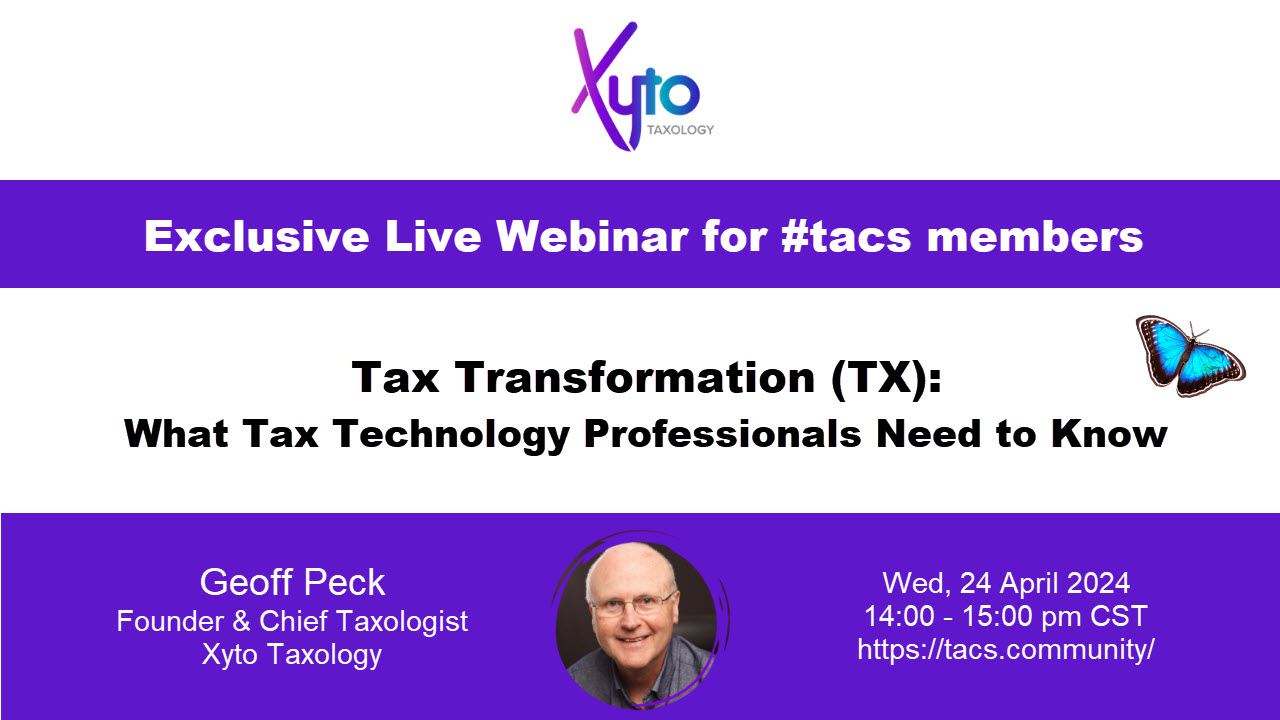For modern tax functions to thrive in today’s tech-driven reality, certain capabilities are a must. The catch is that a transformed state must exist before some of the most crucial are effective―for example:
- Tax data quality
Traditional perspectives typically misunderstand, undervalue, and then underserve data through governance strategies forged for human, rather than tech-centric systems.
- Knowledge management
As complexity piles up, no one disagrees that tax’s knowledge explosion must be managed―yet, pre-transformed mindsets struggle to stretch and fully grasp what is needed to stay on top knowledge-wise long term.
- Tax Control Frameworks
Challenging at the best of times, conventionally constructed TCFs are ill-suited to the sheer scale, scope, and digital dynamic of the many tech platforms where tax now operates.
That’s not to say progress is not being made―including in other areas like automation, tax tech implementation, and analytics―but from a transformed standpoint, they’re dislocated, palliative, and certainly do not signify “thriving” (it’s more like “surviving”).
Transformation allows tax professionals to spend less time fire-fighting and more time innovating meaningfully from a foundation of clarity, capability, and control. Join us Wed, 24 Apr @2pm CST to learn how TX frees up and empowers the profession.


No comment yet, add your voice below!